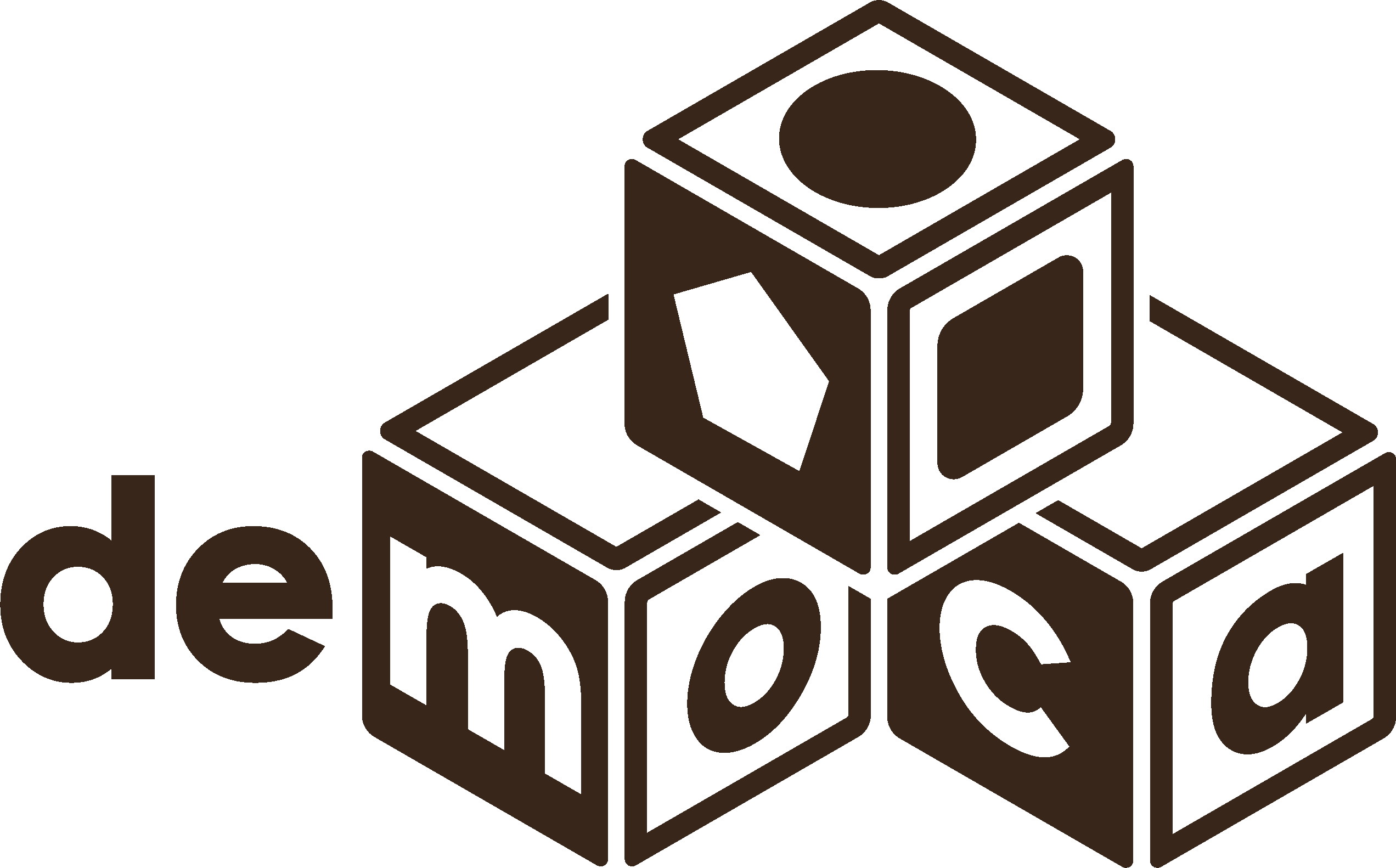
Promoting Diversity and Inclusivity in Parenting: Raising Culturally Aware and Inclusive Children
Jun 16 , 2023
In today's increasingly diverse and interconnected world, promoting diversity and inclusivity in parenting has become crucial to raising children. It involves cultivating an environment that embraces different family structures, addresses racial and gender bias, and fosters cultural awareness. This article delves into the significance of diversity and inclusivity in parenting, providing insights and practical tips for raising culturally aware and inclusive children.
Embracing Different Family Structures
The concept of family has evolved over time, and it is essential to recognize and embrace different family structures. Whether it's single-parent households, same-sex parents, blended families, or multi-generational households, each family structure deserves respect and acknowledgment. Encouraging children to understand and accept diverse family configurations fosters inclusivity and helps break down stereotypes.
Addressing Racial and Gender Bias
Parents play a vital role in instilling values of equality and fairness in their children. Addressing racial and gender bias involves promoting empathy, understanding, and respect for all individuals, regardless of their race, ethnicity, or gender. Engage children in conversations about diversity, challenge stereotypes, and expose them to diverse cultures and perspectives through literature, media, and real-life experiences.
Cultivating Cultural Awareness
Cultural awareness is a key aspect of raising inclusive children. Parents can foster empathy, appreciation, and a sense of belonging in a diverse world by introducing children to different cultures, traditions, and customs. Encourage children to explore and celebrate diversity through activities like trying new foods, participating in cultural events, or engaging with individuals from different backgrounds.
Teaching Inclusive Language and Behaviors
Language is a powerful tool in shaping attitudes and perceptions. Encourage children to use inclusive language that respects and includes everyone. Teach them to appreciate individual differences and discourage derogatory or discriminatory language. Modeling inclusive behaviors and treating others with kindness and respect sets a positive example for children to follow.
Exposing Children to Diverse Media
Media plays a significant role in shaping children's perceptions of the world. Introduce diverse and inclusive media, including books, movies, TV shows, and online content, that feature diverse characters and storylines. This exposure allows children to see themselves and others represented positively and authentically, promoting empathy and understanding.
Creating Inclusive Communities
Engage with communities and organizations that promote diversity and inclusivity. Participate in events, workshops, and initiatives that celebrate diversity and provide opportunities for children to interact with individuals from different backgrounds. Building inclusive communities outside the family reinforces the importance of diversity and fosters a sense of belonging.
Promoting diversity and inclusivity in parenting is vital for raising culturally aware and inclusive children. By embracing different family structures, addressing racial and gender bias, cultivating cultural awareness, teaching inclusive language and behaviors, exposing children to diverse media, and creating inclusive communities, parents can play a significant role in shaping a more inclusive society. Together, we can foster empathy, respect, and understanding, ensuring that our children grow up to appreciate and celebrate the beautiful diversity that surrounds them.
